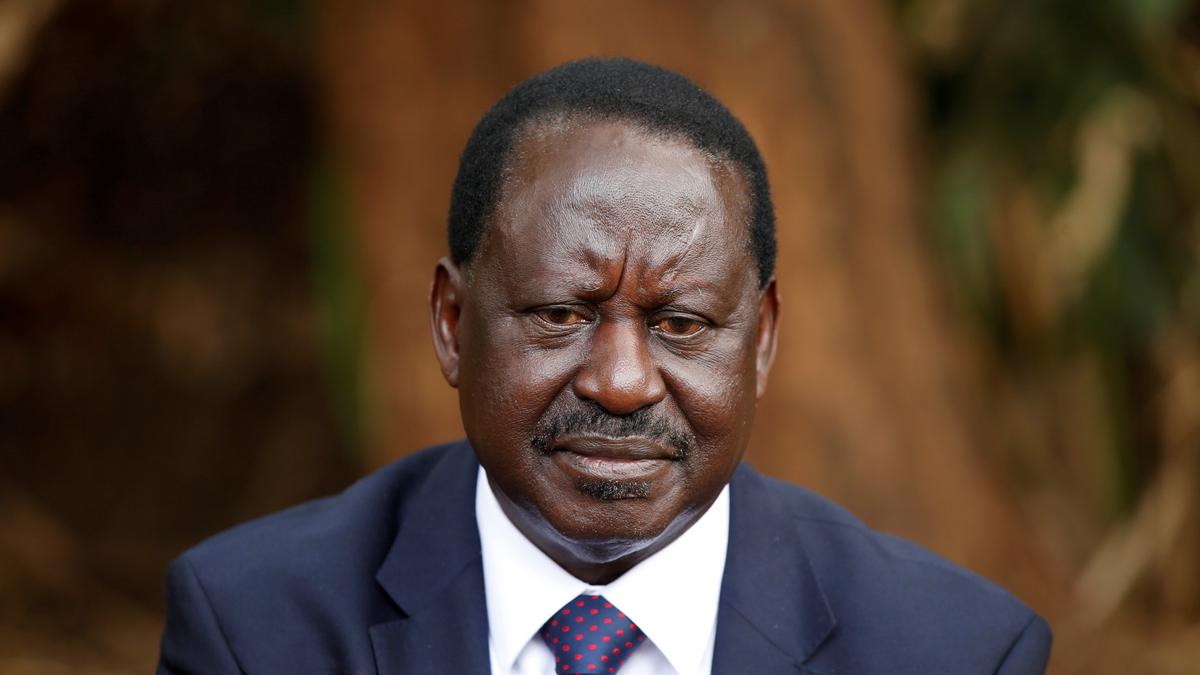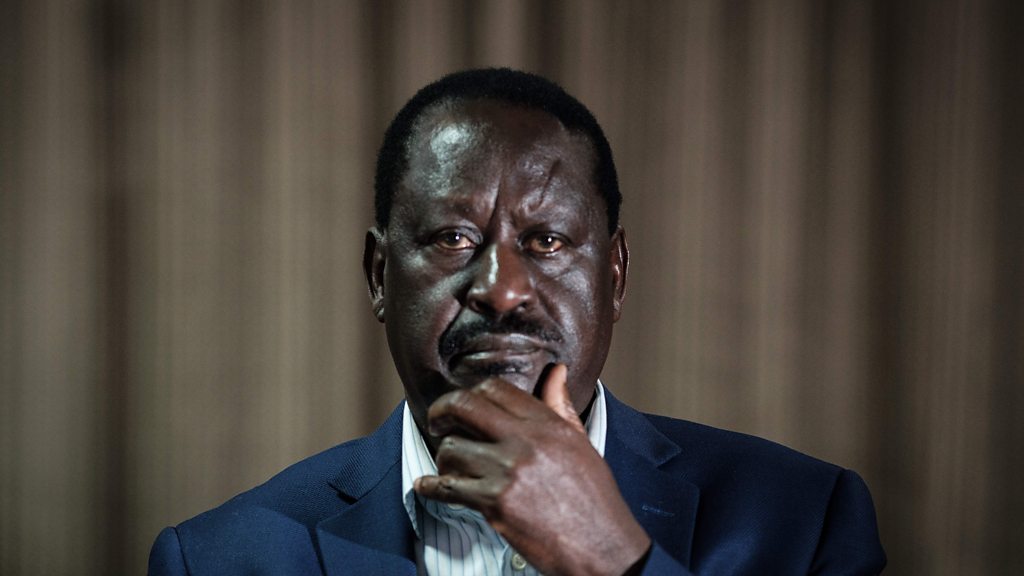Raila Odinga: A luminary departs — Kenya mourns its stalwart leader

Raila Odinga | Photo Credit: Reuters
Nairobi / New Delhi — Kenya, and indeed all of Africa, is in mourning today following the death of Raila Amolo Odinga, a towering figure in East African politics whose name was synonymous with struggle, resilience, and hope. He passed away in Kerala, India, at the age of 80, where he was receiving medical treatment.
A Life of promise and persistence
Raila Odinga was born on 7 January 1945 in Maseno, Kisumu District, Kenya Colony, to Mary Juma Odinga and the late Jaramogi Oginga Odinga; Kenya’s first Vice President. He was a member of the Luo ethnic group, and from early on, his life was shaped by a legacy of political activism and resistance.
Over decades, Odinga carved a reputation as an unyielding opposition leader, contesting the presidency five times: in 1997, 2007, 2013, 2017, and 2022, alleging electoral malpractice each time. Though he never attained the presidency, his political journey wasn’t defined by defeat; it was marked by the struggle for justice, reform, and inclusion.
Between 2008 and 2013, under a power-sharing agreement after Kenya’s 2007–08 post-election crisis, Odinga served as Prime Minister, becoming the last person ever to hold the office, as the role was abolished under the 2010 Constitution. During that time, he presided over efforts to heal the wounds of ethnic violence and helped shepherd pivotal constitutional reforms.
After 2013, he became Leader of the Opposition, continuing his role as Kenya’s most formidable dissenting voice. He led or co-led opposition coalitions such as CORD (Coalition for Reforms and Democracy) and NASA (National Super Alliance).
Final moments and confirmation
According to reports, Odinga collapsed during a morning walk in Kerala, where he had sought Ayurvedic treatment. He was rushed to Devamatha Hospital but could not be revived. His death was confirmed by a source in his office.
His passing has unleashed waves of grief across Kenya. At his home in his Bondo constituency (Opoda Farm), citizens wept openly, saying he was “the one who always stood up for us.” Many asked: who will take up the mantle?
Dignitaries, from President William Ruto to opposition figures and ordinary Kenyans, have expressed condolences. The state and civil society alike are mobilizing to ensure that the legacy of Odinga, the reformist, the democrat, the perennial fighter, is preserved and honored.

Legacy and reflection
Raila Odinga’s life was emblematic of Kenya’s long, sometimes tortuous path toward democracy. His name is inseparable from two of Kenya’s most transformative achievements: the transition to multiparty democracy in the early 1990s, and the promulgation of the 2010 Constitution.
Though he never reached Kenya’s highest office, many regarded him as its moral conscience; a voice for the marginalized, a vent for popular dissent, and a continual reminder of the ideals Kenya has yet to fully realize.
As Kenya bids farewell to Raila Odinga, it enters a period of deep introspection. Who will lead its social movements now? Who will rally for electoral justice, for fairness, for inclusion? In the wake of his departure, one thing is certain: the struggle to fulfill the promise he kept alive will bear his name and the burden is now collective.




